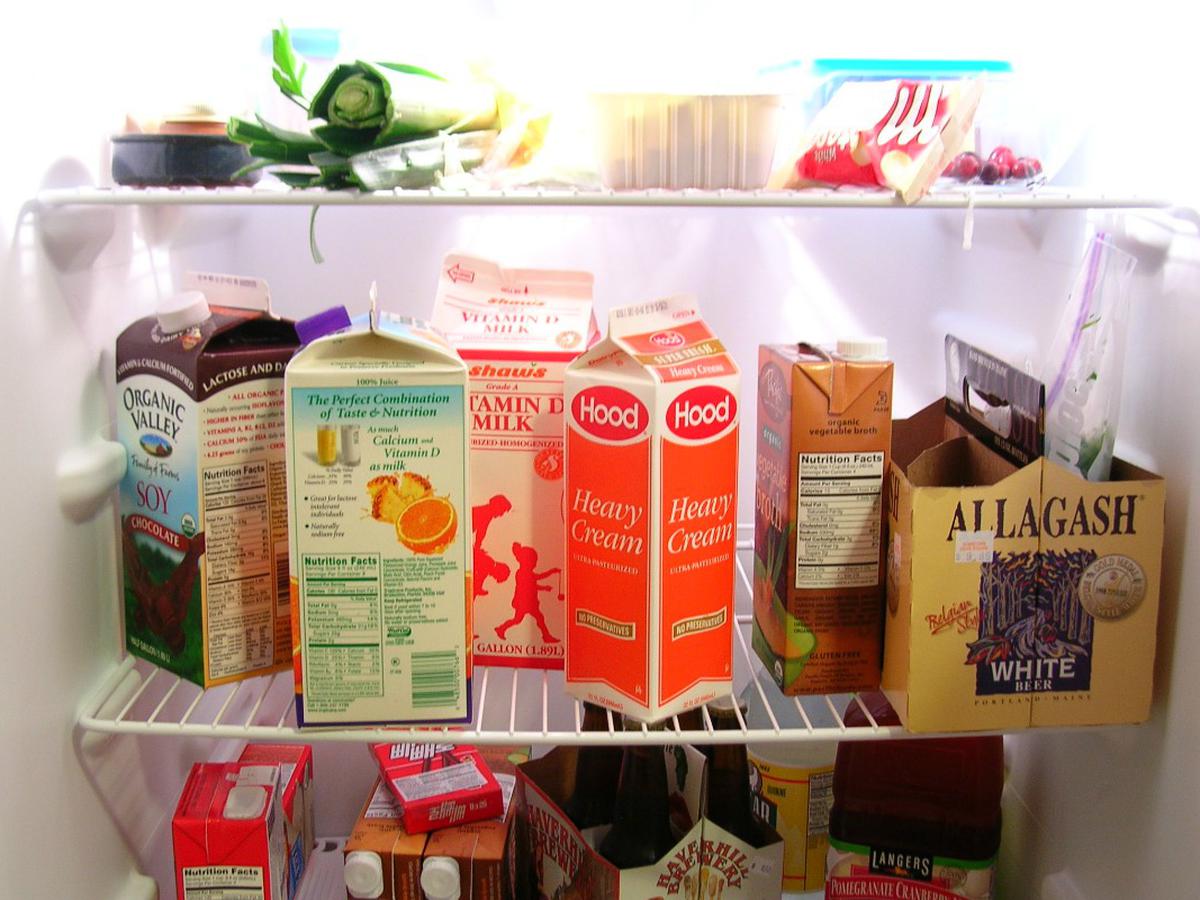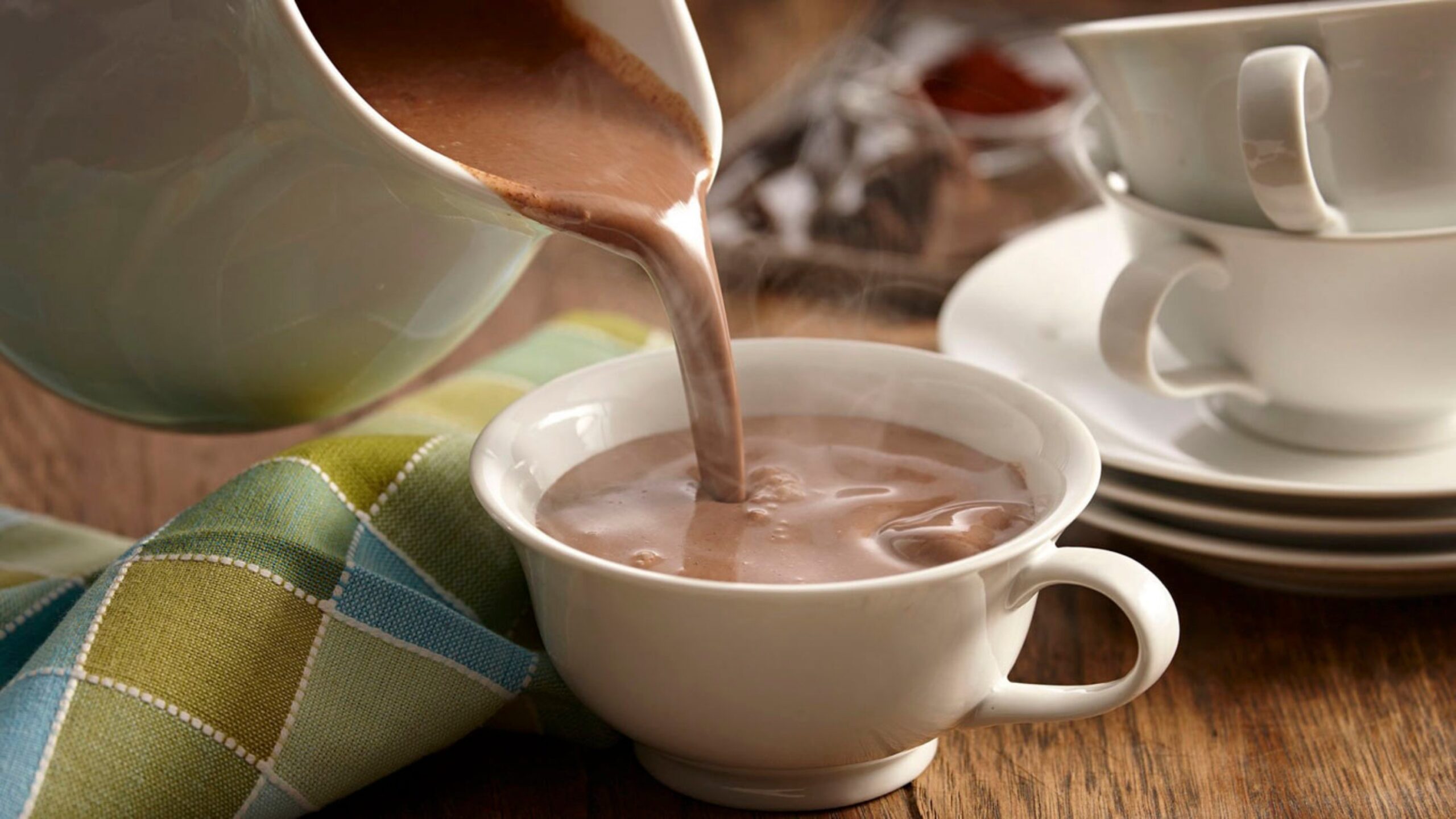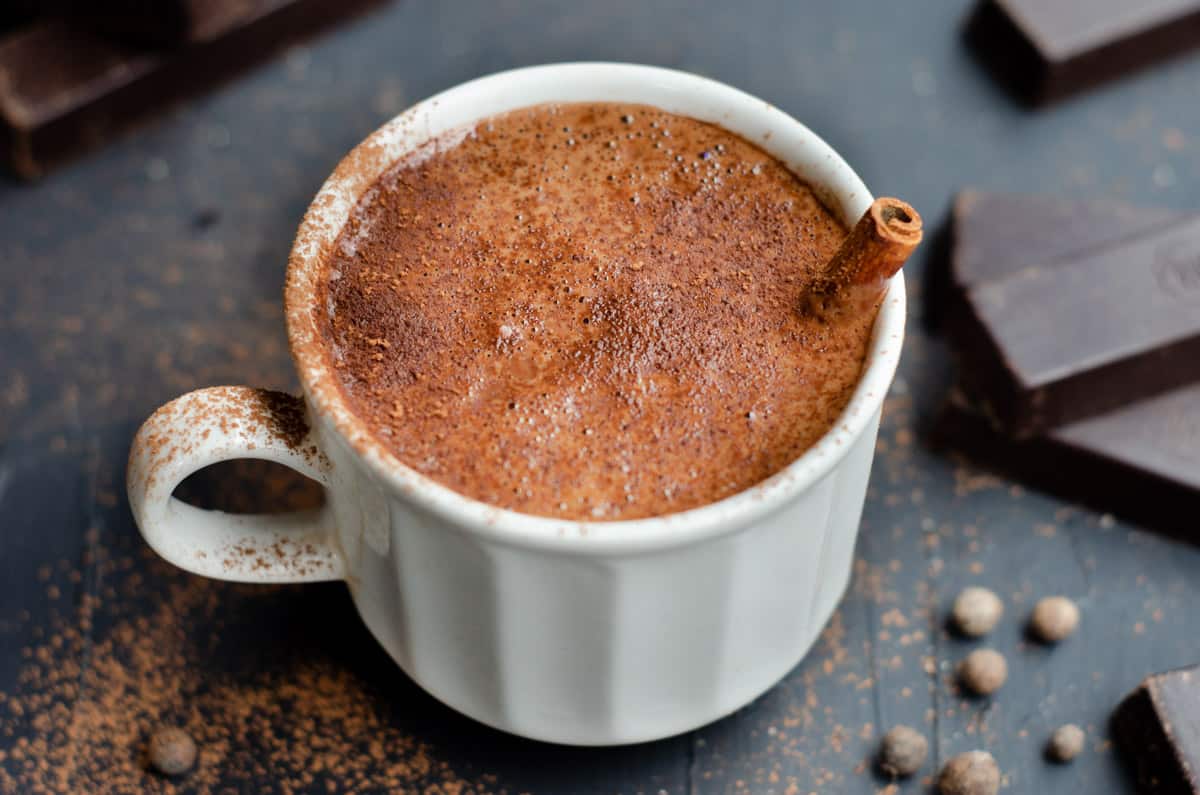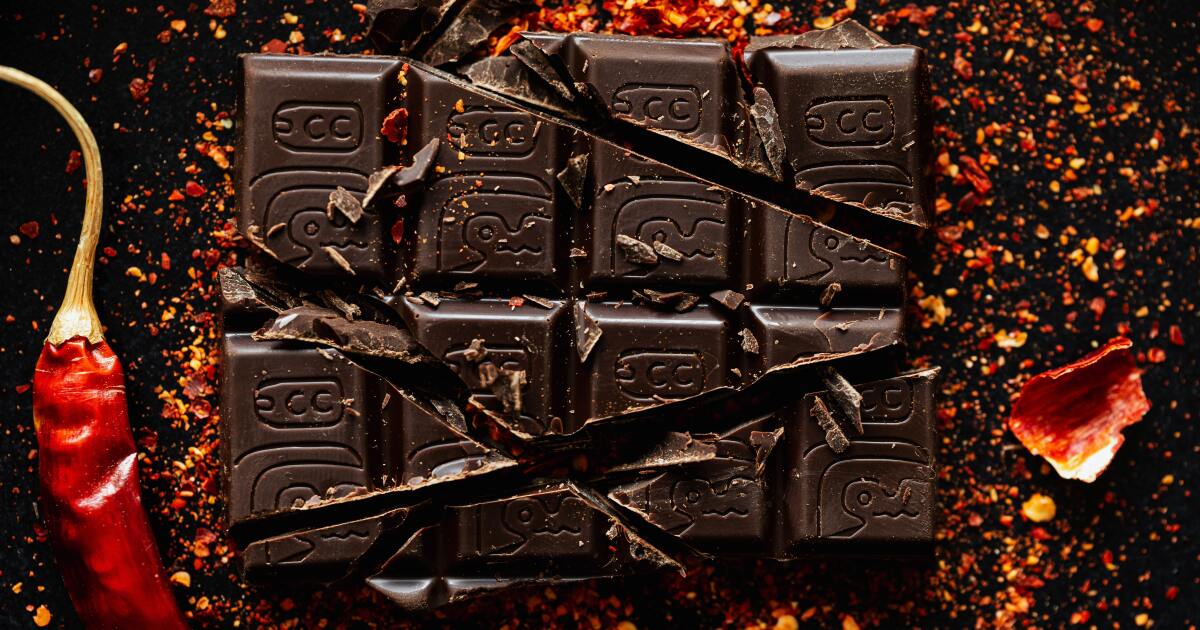The Science Behind Temperature Change
Understanding the Basics
The science behind temperature change is a fascinating subject that involves various factors and processes. At its core, temperature change refers to the alteration in the average temperature of a specific location or the Earth’s overall climate. It is essential to understand the basic concepts that contribute to temperature change.
One primary driver of temperature change is the greenhouse effect, which involves the interaction of greenhouse gases, such as carbon dioxide and methane, with sunlight. These gases trap heat in the atmosphere, causing the overall temperature to rise. Additionally, natural factors like volcanic eruptions and variations in solar radiation can also influence temperature change.
Human Influence
In recent decades, human activities have significantly contributed to temperature change. The burning of fossil fuels, deforestation, and industrial processes release vast amounts of greenhouse gases into the atmosphere, intensifying the greenhouse effect. As a result, global temperatures have been steadily increasing, leading to various environmental and climate-related issues.
Scientists study temperature change through various methods, such as satellite measurements, weather stations, and ice cores. These data-gathering techniques help researchers analyze long-term temperature trends and understand the impact of human activities on the Earth’s climate system.
Addressing temperature change requires collective efforts from governments, industries, and individuals. Sustainable practices, such as transitioning to renewable energy sources and reducing carbon emissions, play a crucial role in mitigating the negative effects of temperature change and ensuring a sustainable future for our planet.
Texture and Consistency Changes
Texture and consistency changes play a significant role in the overall appeal and taste of various food items. These changes refer to the alteration in the physical attributes of the food, such as how it feels in the mouth, its viscosity, and the level of crunchiness or smoothness.
One common texture and consistency change is seen in the process of baking bread. As the dough rises and is baked in the oven, it transforms from a sticky and elastic mixture to a fluffy and slightly crispy end product. This change is crucial in creating the perfect bread, with a soft interior and a crusty exterior.
Another example of texture and consistency changes can be found in the cooking of meat. When meat is cooked, it undergoes a transformation in texture, becoming tender and juicy. This change occurs due to the breakdown of collagen, a connective tissue in meat, which turns into gelatin during the cooking process.
In addition, texture and consistency changes are significant when it comes to the preparation of sauces and soups. Thickening agents like cornstarch or roux are used to create a velvety and smooth texture in these dishes. This alteration enhances the overall taste and mouthfeel, making the sauce or soup more enjoyable to consume.
In conclusion, texture and consistency changes play a vital role in the culinary world, transforming ingredients into delicious and visually appealing dishes. From baking bread to cooking meat and preparing sauces, these changes are essential in creating the desired taste and overall dining experience.
Potential Flavor Alterations
When it comes to food, flavor is one of the most important factors that can make or break a dish. However, there are occasions where the flavor of a particular ingredient or dish might undergo alterations, some of which may not be desirable. Let’s explore some potential flavor alterations that can occur.
3.1. Oxidation
Oxidation is a common process that can lead to flavor changes in certain foods. When ingredients come into contact with air, especially those high in fats and oils, they can become oxidized. This can result in the development of off-flavors, such as a rancid or metallic taste.
3.2. Maillard Reaction
The Maillard reaction is a chemical reaction that occurs between amino acids and reducing sugars when exposed to heat. This reaction is responsible for the browning and flavor development in various cooked foods. However, if the process is not controlled properly, it can lead to the formation of burnt or bitter flavors.
3.3. Ingredient Interactions
Certain ingredients, when combined, can interact with each other and alter their flavors. For example, when acidic ingredients like lemon juice or vinegar are added to milk or cream, it can cause curdling and a tangy taste. Similarly, the interaction between garlic and dairy products can sometimes result in a bitter aftertaste.
Understanding the potential flavor alterations that can occur in food can help chefs and home cooks make informed decisions when it comes to ingredient selection, cooking methods, and flavor combinations. By being aware of these factors, it becomes possible to create dishes that are not only visually appealing but also pleasing to the taste buds.
Possible Damage to Ingredients
When it comes to preparing food, one aspect that is often overlooked is the potential damage that can be done to the ingredients. Whether it’s through improper storage, excessive heat, or mishandling, ingredients can lose their quality and nutritional value.
One common way ingredients can be damaged is through exposure to heat. When ingredients are heated for too long or at high temperatures, their natural flavors and nutrients can be compromised. For example, overcooking vegetables can lead to a loss of vitamins and minerals.
In addition to heat, ingredients can also be damaged through improper storage. If ingredients are not stored in the appropriate conditions, such as in a cool and dry environment, they can spoil or become infested with bacteria. This can not only affect the taste and texture of the food but also pose health risks to those consuming it.
Another factor that can contribute to the damage of ingredients is mishandling. If ingredients are not handled with care, such as being dropped or crushed, they can become bruised or damaged. This can affect their appearance and overall quality.
Tips for Properly Storing Hot Chocolate
Proper storage is key
When it comes to hot chocolate, proper storage is crucial to maintain its flavor and quality. Whether you’re storing packaged hot chocolate mix or freshly made hot chocolate, following a few simple tips will ensure you can enjoy a delicious cup of hot cocoa whenever you want.
Airtight containers are a must
To prevent moisture and air from spoiling your hot chocolate, it’s important to store it in an airtight container. Whether it’s a resealable bag or a jar with a tight seal, make sure the container is completely airtight. This will help maintain the flavor and prevent any odors from contaminating your hot chocolate.
Keep it in a cool, dark place
Hot chocolate is best stored in a cool, dark place, away from direct sunlight, heat, and humidity. Exposure to light and heat can cause the flavor to deteriorate and shorten its shelf life. Find a cupboard or a pantry that remains at a stable temperature and keep your hot chocolate there.
Avoid moisture and odors
Moisture and strong odors can greatly affect the quality of hot chocolate. To prevent any clumping or moisture absorption, make sure the container is completely dry before transferring the hot chocolate. Additionally, store it away from any strong-smelling substances, such as spices or cleaning products, to avoid any unwanted flavors seeping into your hot chocolate.
By following these tips, you can ensure that your hot chocolate stays fresh and delicious for longer. So the next time you crave a warm and comforting cup of hot cocoa, you’ll have perfectly stored hot chocolate at your fingertips.









¿Y si el chocolate caliente en el refrigerador se convierte en una delicia helada? 🍫❄️
¿Qué pasa si meto chocolate caliente al refrigerador? ¡Interesante! ¿Cambiará el sabor? 🍫🤔
¡Interesante! ¿Realmente afecta la textura del chocolate caliente al meterlo en el refrigerador? 🍫🤔
¿Y si el chocolate caliente en el refrigerador crea una nueva textura deliciosa? 🍫🤔